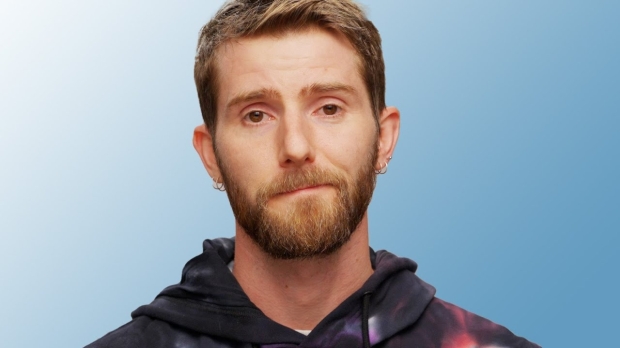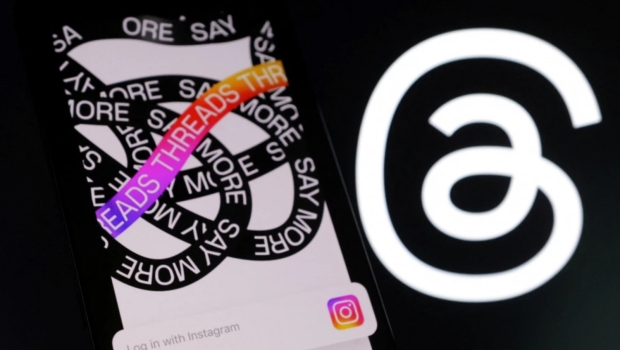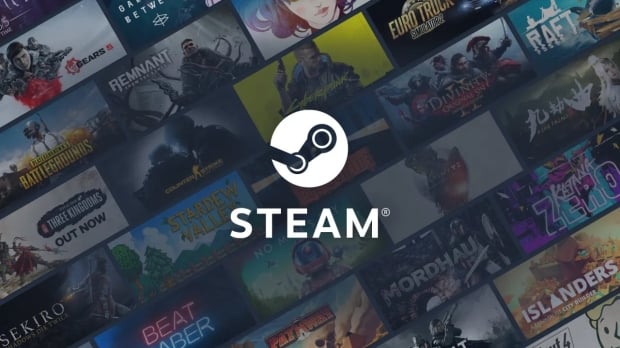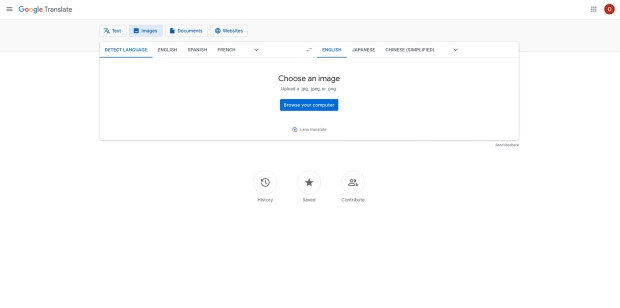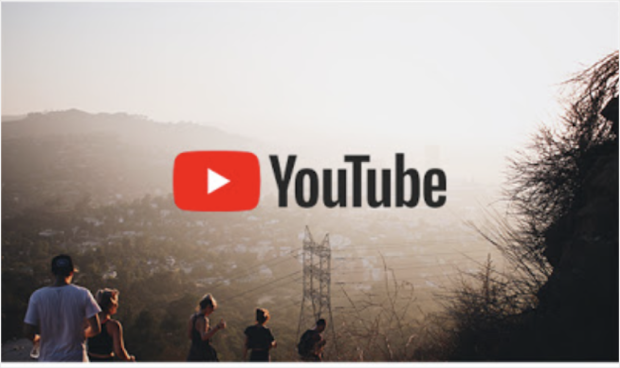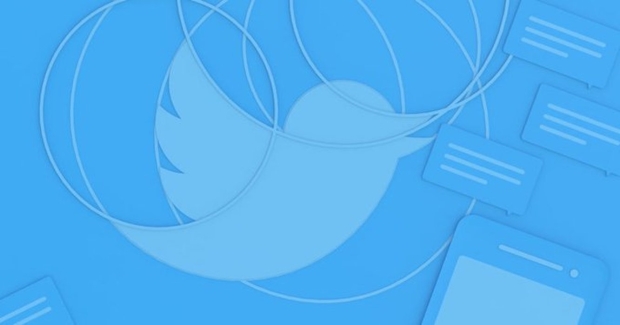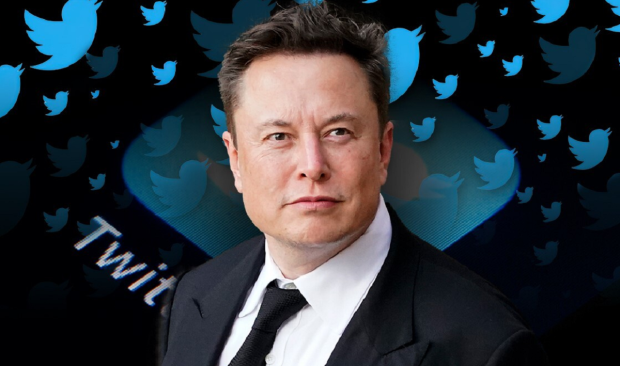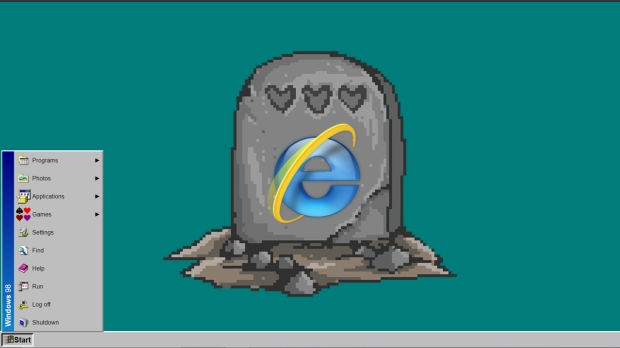Internet & Websites News - Page 2
Linus Tech Tips stops video production after posting an apology video amid ongoing controversy
Popular review and tech YouTube media company Linus Tech Tips is in the midst of some pretty severe controversy at the moment, sparked by its poor handling of putting together a water-cooled PC using a prototype of a Billet Labs' Monoblock, which then exploded to include countless examples of inaccuracies and rushed content courtesy of an in-depth expose by competitor Gamers Nexus.
And that's a competitor in that both channels offer reviews and critiques of everything from CPUs to GPUs to cooling solutions. The Gamers Nexus video goes in-depth, highlighting and showcasing what feels like a mountain of erroneous reporting by Linus Tech Tips (LTT), from incorrect benchmark results to several critical inaccuracies. The video purports that this is due to LTT "rushing content out of the door" and focusing on quantity over quality.
Linus Tech Tips founder Linus Sebastian wrote a lengthy rebuttal, admitting to some of the mistakes and sloppiness in LTT's hardware reviews while admitting that not reviewing the prototype Billet Labs' Monoblock with a video card recommended by Billet and then selling it was a mistake, adding that "our intention wasn't to hurt anyone."
Instagram's Threads could be getting direct messages after all
Instagram's Threads might be getting support for direct messages sooner than we had expected following the leak of an internal Instagram document.
Instagram's top dog Adam Mosseri had previously said that Threads would not be getting a direct message feature any time soon, but a new document leaked from within the company and reported on by social network analyst Matt Navarra and Business Insider suggests that something might have changed.
While there is no indication of exactly when this new feature will come to the social network, but it's said to be "Coming Soon" according to the document. Direct messages aren't the only new feature that is on the way, though. The same document appears to have leaked the fact that trends and topics and improved search are also incoming.
Continue reading: Instagram's Threads could be getting direct messages after all (full post)
This website is powered by a 39-year-old IBM PCjr DOS Web Server with a 4.77 MHz CPU
It's not every day that you stumble on a website powered by hardware that pre-dates the dial-up modem era of the internet, but that's exactly what's happening over at Brutmans Lab. It's a site dedicated to early 1980s computing and projects, so it's fitting that it's running on a 39-year-old IBM PCjr - a low-cost PC from 1984 designed to compete with the likes of the Apple II and Commodore 64.
Hardware-wise, this custom PCjr features an NEC V20 CPU running at 4.77MHz and a paltry 736KB of RAM. Storage-wise, it's more 2023 than 184, with a jrIDE sidecar (IDE adapter and memory) and a 240GB SATA SSD on a SATA/IDE bridge. This is then paired with IBM PC DOS 5.02 (IBM's version of MS-DOS) and the mTCP HTTPServ web server for DOS. The result is BrutmanLabs.org, a fully functional site that is admittedly a little slow to load up from Australia.
But, as per the main page, the server has been up for over 2,500 hours without any restarts or reboots - an impressive feat. Per the status page, it went live on Friday, March 31, 2023.
SpaceX reminds everyone Starlink is the future with stunning 600 Mbps download speeds
Germany is witnessing the impressive download speeds delivered by SpaceX's Starlink satellite internet constellation.
With a vast array of satellites, this network quickly gained renown for its exceptional performance upon its public launch, with download speeds now reaching a staggering 600 Mbps, according to some tests. The fast-growing popularity of Starlink resulted in the mass adoption of the new internet service, and while some users living in populated areas across the United States experienced average internet speeds, other users located in rural areas have been blasted with high-speed internet.
Starlink users located in Germany's rural regions are an example of that, and serve as a reminder that satellite internet connections will truly be part of the future when it comes to high-speed internet. During the recent test, Starlink achieved download speeds exceeding 500 Mbps, and in other tests even reached about 600 Mbps. These tests highlight the achievement that Starlink has made at bringing high-speed internet to rural regions around the globe, further enabling more humans to be connected to the internet.
Valve updates Steam store pages to reduce the number of trailers you see
Have you noticed a recent trend regarding the Steam store page for games that the media section would be full of videos and trailers, and you'd have to scroll to see screenshots?
Well, the good news is that Valve has, too, with a new update to Steam for developers now limiting the presentation to a maximum of two trailers before screenshots.
"Starting today, a maximum of two trailers can appear in the row of thumbnails to the left of screenshots," Valve writes in the update. "Any remaining trailers will be displayed after the screenshots, resulting in a default view for players that always has a mix of screenshots and trailers in view."
Google Translate can now convert text in images from one language to another
For the first time ever, Google Translate can now be used with images. That means that you can throw an image at the Google Translate website on your Mac or PC and have it translate any text it finds into the language of your choice.
While Google Lens already allows image translation, the key difference here is that Google Translate supports offline images, allowing you to provide your own file. Google Lens only works online, which leaves it in a bit of a pickle sometimes.
The confirmation of Google Translate's new powers came in an unassuming community post. There, users were informed that they could head to translate.Google.com and then click the new images option. After doing so they can then select the image that they want to have translated.
YouTube is ditching some of its most infuriating ads
YouTube has confirmed that it is going to do away with what it calls Overlay ads, a format of ad that was particularly irritating for those who have to see them.
Overlay ads are ads that appear on top of video content on the YouTube desktop website, and they require user interaction to make them go away. Now, YouTube has confirmed that it's making them go away itself, and for good.
The positive news came via a post on the YouTube Help Forum in which it was confirmed that starting April 6, 2023, Overlay ads will no longer appear on YouTube. The streamer said that it's all about helping to improve viewer experiences, but it then went on to ruin that somewhat by suggesting that engagement and higher-performing ad formats are going to be the order of the day.
Continue reading: YouTube is ditching some of its most infuriating ads (full post)
The Twitter Blue subscription rolls out to more than 20 new countries
Beleaguered social network Twitter has rolled its subscription Twitter Blue service out to more countries. Now, more than 20 more countries have access to the subscription offering than was the case yesterday and they're all across Europe.
The new countries in which people can now subscribe to Twitter Blue include Austria, Belgium, Bulgaria, Croatia, Cyprus, Czech Republic, Denmark, Estonia, Finland, Greece, Hungary, Ireland, Latvia, Lithuania, Luxembourg, Malta, the Netherlands, Poland, Slovakia, Slovenia, and Sweden.
Twitter Blue gives subscribers access to a handful of perks for at least $8 per month. How much you pay depends on which platform you subscribe via, with those paying via Apple's App Store and Google's Play Store paying more to make up for the companies' 30% cut.
Continue reading: The Twitter Blue subscription rolls out to more than 20 new countries (full post)
Twitter users might have to live with Elon Musk until the end of the year
Twitter CEO Elon Musk says that he might hang around at Twitter for the rest of the year rather than choosing his replacement today.
Musk's tenure as Twitter CEO since his $44 billion buyout in late 2022 has proven problematic to say the least. He fired thousands of Twitter employees to try and save money and has made no secret of the fact that the social network is losing cash at an unsustainable rate. That, he suggests, is one of the reasons he isn't ready to hand over the Twitter top job just yet.
Musk was speaking at the World Government Summit in Dubai when he said that he won't move on from the CEO role until he's been able to stabilize Twitter. He says that he wants to make sure that Twitter is "in a healthy place," something that will be no mean feat.
Microsoft killed Internet Explorer on Valentine's Day moving users onto Edge
Microsoft's Internet Explorer browser has been on the way out for years, as the Chromium-based Microsoft Edge became the company's focus. Even though Internet Explorer hasn't been officially supported since June 2022, its death date has now arrived for Windows 10 users - on Valentine's Day.
Microsoft Edge was announced in 2015 as the successor to Internet Explorer. With the transition complete, we can only assume Edge is putting on its best Darth Vader to say, "Internet Explorer was weak, and I destroyed him." Officially though, Microsoft has said the following.
"All remaining devices that have not already been redirected from IE11 to Microsoft Edge are scheduled to be redirected with the Microsoft Edge update scheduled for February 14, 2023," writes Microsoft. "The change to using Microsoft Edge update to disable IE is intended to provide a better user experience and help organizations transition their last remaining IE11 users to Microsoft Edge."


